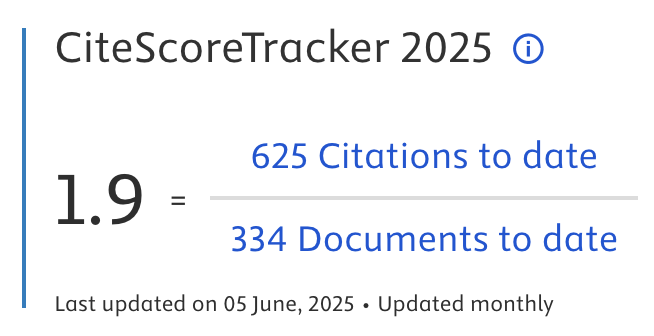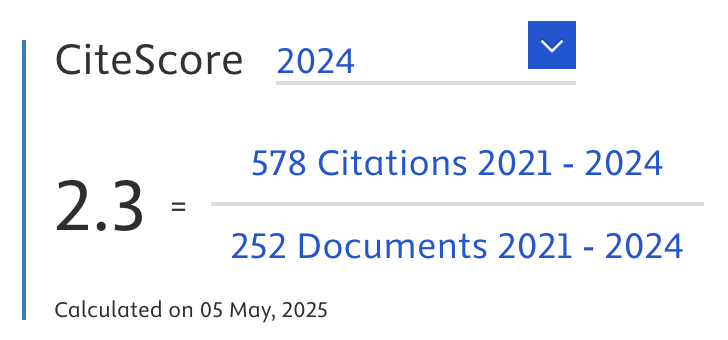Using Machine Learning Approach to Cluster Marine Environmental Features of Lesser Sunda Island
Abstract
Mapping marine ecosystems is acknowledged as a vital tool for implementing ecosystem services in practical situations. It provides a framework for effective marine spatial planning, enabling the designation of marine protected areas (MPAs) that consider ecological connectivity and habitat requirements. It also helps pinpoint areas of high biodiversity or ecological significance, allowing conservationists to prioritize these regions for protection and management. Numerous studies over decades have produced a vast amount of data that illustrates the features of the marine ecosystem. Therefore, the unsupervised learning is a promising technique to map marine ecosystem based on its environmental features. This study aims to compare unsupervised learning techniques to analyze marine environmental features in order to map marine ecosystem in Lesser Sunda waters. Eleven global environmental variables were accessed from global databases. The Lesser Sunda waters were delineated into groups according to their environmental characteristics using four unsupervised learning techniques: k-mean, fuzzy c-mean, self-organizing map (SOM), and density-based spatial clustering of applications with noise (DBSCAN). According to the findings, the Lesser Sunda waters can be divided into five to nine clusters, each with distinct environmental features. Moreover, the fuzzy c-mean method's clustering result outperformed the others based on the highest Silhouette (0.2204478) and Calinski-Harabasz (1741.099) Index. As an unsupervised learning technique, fuzzy c-mean clustering offered good performance in delineating Lesser Sunda Island marine waters with five clusters. The clustering results mostly consistent with existing conservation programs, even though there are several areas which needed international and multinational organization collaboration to effectively accomplish marine conservation objectives.
Article Metrics
Abstract: 203 Viewers PDF: 178 ViewersKeywords
Full Text:
PDFRefbacks
- There are currently no refbacks.

Journal of Applied Data Sciences
| ISSN | : | 2723-6471 (Online) |
| Collaborated with | : | Computer Science and Systems Information Technology, King Abdulaziz University, Kingdom of Saudi Arabia. |
| Publisher | : | Bright Publisher |
| Website | : | http://bright-journal.org/JADS |
| : | taqwa@amikompurwokerto.ac.id (principal contact) | |
| support@bright-journal.org (technical issues) |
 This work is licensed under a Creative Commons Attribution-ShareAlike 4.0
This work is licensed under a Creative Commons Attribution-ShareAlike 4.0





.png)